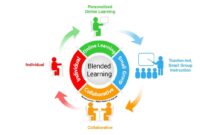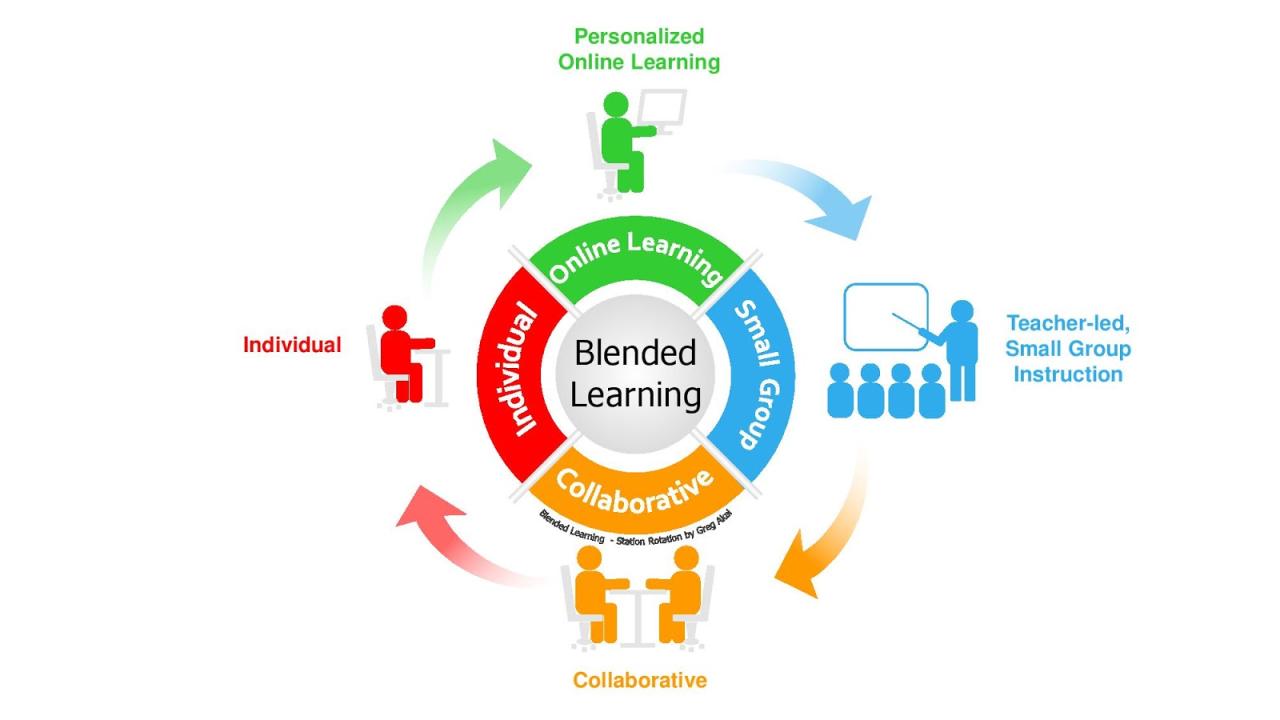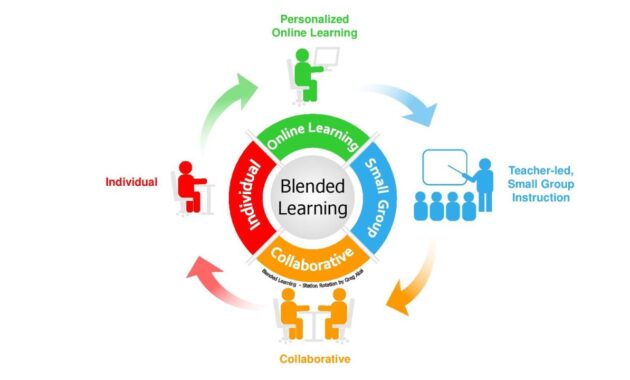The Best Apps to Master English Vocabulary offers a glimpse into an invaluable resource for learners aiming to enhance their language skills. In today’s interconnected world, a rich vocabulary is a cornerstone of effective communication, and technology has made it more accessible than ever. With a plethora of applications available, learners can engage with interactive tools that cater to various learning styles and preferences, transforming the often daunting task of vocabulary building into an enjoyable and efficient process.
These apps not only provide innovative ways to practice and retain new words but also incorporate gamification and personalized learning paths. As we delve deeper into the realm of vocabulary enhancement, it becomes evident that the right applications can significantly impact language acquisition, making this a vital area of exploration for educators and students alike.
The Importance of Renewable Energy in the Modern WorldIn recent years, the conversation surrounding energy consumption has shifted dramatically, with renewable energy emerging as a central topic. With global energy demands rising and the looming threat of climate change, the need for sustainable energy solutions has never been more critical. This article delves into the significance of renewable energy, the various types available, their advantages and challenges, and the role they play in shaping a sustainable future.
Understanding Renewable Energy
Renewable energy is derived from natural processes that are replenished at a higher rate than they are consumed. This includes energy harnessed from sources such as sunlight (solar energy), wind (wind energy), water (hydroelectric energy), biomass, and geothermal heat. Unlike fossil fuels, which release carbon dioxide and other greenhouse gases when burned, renewable energy sources produce little to no emissions, making them essential in combating climate change.
Types of Renewable Energy
a. Solar EnergySolar energy is harnessed by converting sunlight into electricity using photovoltaic cells or through concentrated solar power systems. This method has become increasingly popular due to technological advancements, decreasing costs, and the ability to scale from small residential systems to large solar farms.b. Wind EnergyWind energy is generated by converting the kinetic energy of wind into electricity through wind turbines.
This form of energy has seen significant growth globally, particularly in countries with ample wind resources. Offshore wind farms have also gained traction, exploiting the stronger and more consistent winds available over oceans.c. Hydroelectric EnergyHydroelectric power is generated by capturing the energy of flowing water, typically through dams. It is one of the oldest and most established forms of renewable energy.
However, while hydroelectric power is efficient and reliable, it can also lead to ecological disruption and displacement of communities.d. BiomassBiomass energy is produced from organic materials, including plant matter and animal waste. It can be used directly for heating or converted into biofuels like ethanol and biodiesel. While biomass can help reduce waste and lower carbon emissions, its production must be managed carefully to avoid competition with food crops and biodiversity loss.e.
Geothermal EnergyGeothermal energy utilizes heat from beneath the Earth’s surface to generate electricity or provide direct heating. This energy source is particularly beneficial in regions with high geothermal activity. It is reliable and provides a consistent energy supply, although its geographical limitations can restrict its widespread adoption.
Advantages of Renewable Energy
The transition to renewable energy offers several significant advantages:a. Environmental BenefitsThe most notable benefit of renewable energy is its minimal environmental impact compared to fossil fuels. Renewable sources emit little to no greenhouse gases, helping to mitigate climate change and reduce air pollution, which is linked to various health issues.b. Energy SecurityRenewable energy enhances energy security by diversifying the energy supply and reducing dependence on imported fuels.
This is particularly important for nations that rely heavily on foreign oil, as renewable energy sources can be harnessed domestically.c. Economic GrowthInvesting in renewable energy can stimulate economic growth through job creation in manufacturing, installation, maintenance, and research and development. The renewable energy sector has proven to be a significant source of employment, often providing jobs that cannot be outsourced.d.
Sustainable DevelopmentRenewable energy contributes to sustainable development by providing energy access to remote and underserved communities. Off-grid renewable solutions, such as solar home systems, can empower communities, improve living standards, and reduce poverty.
Challenges of Renewable Energy
Despite its benefits, the transition to renewable energy is not without challenges:a. IntermittencyMany renewable energy sources, such as solar and wind, are intermittent, meaning they do not produce a constant supply of energy. This variability necessitates the development of energy storage solutions, grid upgrades, and complementary energy sources to ensure a reliable power supply.b. Infrastructure NeedsThe shift towards renewable energy requires significant investment in infrastructure, including transmission lines and energy storage systems.
In many regions, outdated electrical grids struggle to accommodate the influx of renewable energy, which can hinder deployment.c. Initial CostsWhile the costs of renewable energy technologies have decreased significantly, the initial investment for installation can still be high. This can be a barrier for some individuals and communities, especially in developing regions where capital is limited.d. Land Use and Environmental ImpactThe deployment of large-scale renewable energy projects, such as solar farms or wind turbines, can lead to land use conflicts and potential negative impacts on local ecosystems.
Careful planning and stakeholder engagement are essential to mitigate these impacts.
The Future of Renewable Energy
Looking ahead, the future of renewable energy appears promising. Technological advancements continue to drive down costs and improve efficiency. Innovations such as energy storage solutions, smart grids, and enhanced energy management systems are expected to enhance the reliability and integration of renewable energy into existing energy systems.Moreover, policies and initiatives promoting the adoption of renewable energy are gaining momentum worldwide.
Governments are increasingly implementing incentives, subsidies, and regulations to encourage clean energy investment and achieve emissions reduction targets.As society navigates the challenges of climate change, the transition to renewable energy is not just a necessity but an opportunity. By embracing sustainable energy sources, communities can enhance their resilience, protect the environment, and build a robust economy for future generations. – ConclusionIn conclusion, renewable energy plays a pivotal role in addressing the pressing challenges of today’s world.
Its environmental benefits, economic potential, and ability to provide energy security make it an essential component of a sustainable future. While there are challenges to overcome, the ongoing advancements in technology and supportive policies are paving the way for a clean energy revolution. As individuals, communities, and nations come together to embrace renewable energy, the collective effort can lead to a greener, healthier planet for all.









